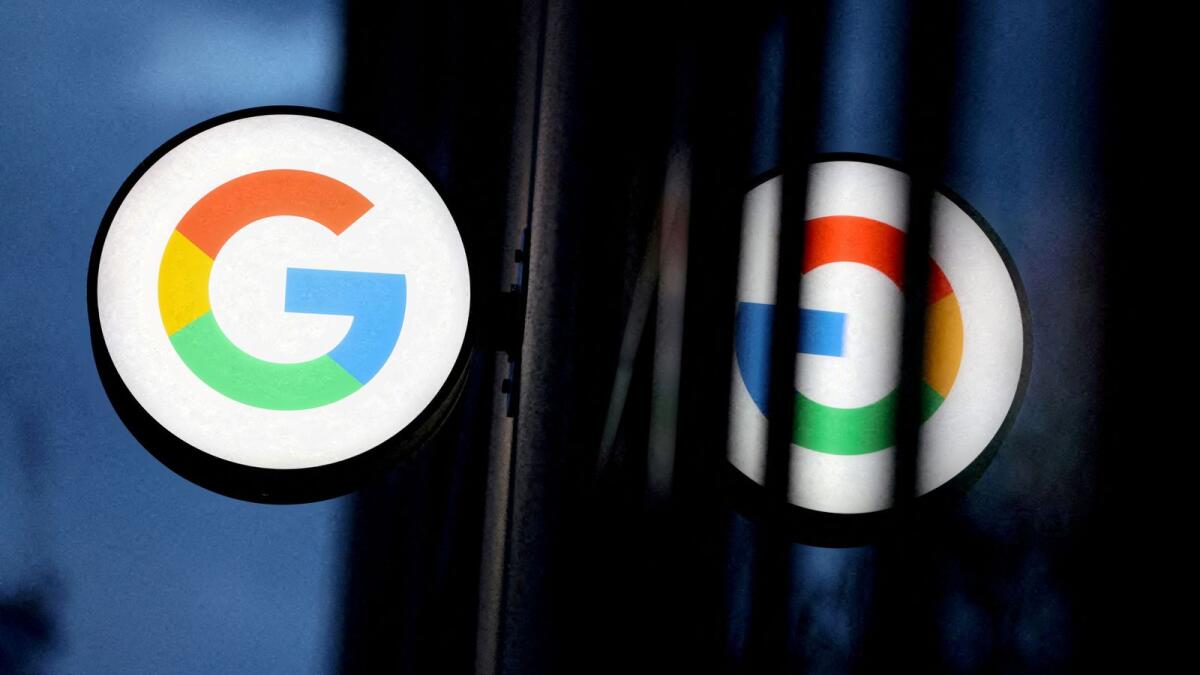The U.S. Department of Justice is set to provide an outline in December detailing the steps Alphabet’s Google must take to restore competition following a judge’s ruling that the company illegally monopolized the online search market. During a court hearing in Washington, prosecutors emphasized the need for a comprehensive remedy that considers Google’s plans to integrate artificial intelligence into search. Google has rebranded its Bard AI product to Gemini since the case was brought, prompting questions about the company’s future plans for AI integration.
Prosecutors may propose remedies such as divesting certain business units, like Google’s Android mobile device operating system, or ending annual payments to ensure its search engine remains the default on devices and browsers. Google’s attorney expressed the need for a detailed proposal from prosecutors and mentioned seeking information from Microsoft and OpenAI to prepare a counter-argument regarding AI search. Google has indicated its intention to appeal the judge’s ruling, while U.S. District Judge Amit Mehta aims to hold a hearing in the spring and make a ruling by next August.
The outcome of the Department of Justice’s proposed remedies for Google’s monopolistic practices will be crucial in shaping the future of the online search market. With the potential for divestment of key business units and significant changes to payment practices, Google may need to rethink its strategy to maintain dominance in the industry. The integration of artificial intelligence into search also poses a challenge, as regulators seek to ensure fair competition in the digital space while allowing for innovation and technological advancements.
Businesses in the tech industry, particularly Google’s competitors, will be closely following the developments in the case to assess how the proposed remedies will impact the market landscape. Companies like Microsoft and OpenAI are likely to play a role in providing information and insights to Google in preparing a response to the Department of Justice’s proposals. The broader implications of this case extend beyond Google’s specific practices to the overarching regulatory framework for technology giants and their market dominance.
The potential divestment of Google’s Android mobile operating system could have far-reaching consequences for the company’s overall operations and market position. Additionally, the end of annual payments to secure default search engine status on devices and browsers could disrupt Google’s revenue streams and market share. The company will need to carefully consider its next steps and prepare a robust defense to navigate the legal challenges ahead, especially in relation to the integration of AI into its search capabilities.
As the legal proceedings progress, stakeholders in the tech industry, regulatory bodies, and consumers will be monitoring the case closely to understand the implications for competition, innovation, and market dynamics in the online search sector. The balance between fostering innovation and ensuring fair competition is a delicate one, and the Department of Justice’s proposed remedies for Google will be a key determinant in shaping this balance. The outcome of this case could set a precedent for how monopolistic practices are addressed in the digital age and may have broader implications for the regulatory oversight of technology companies in the future.











